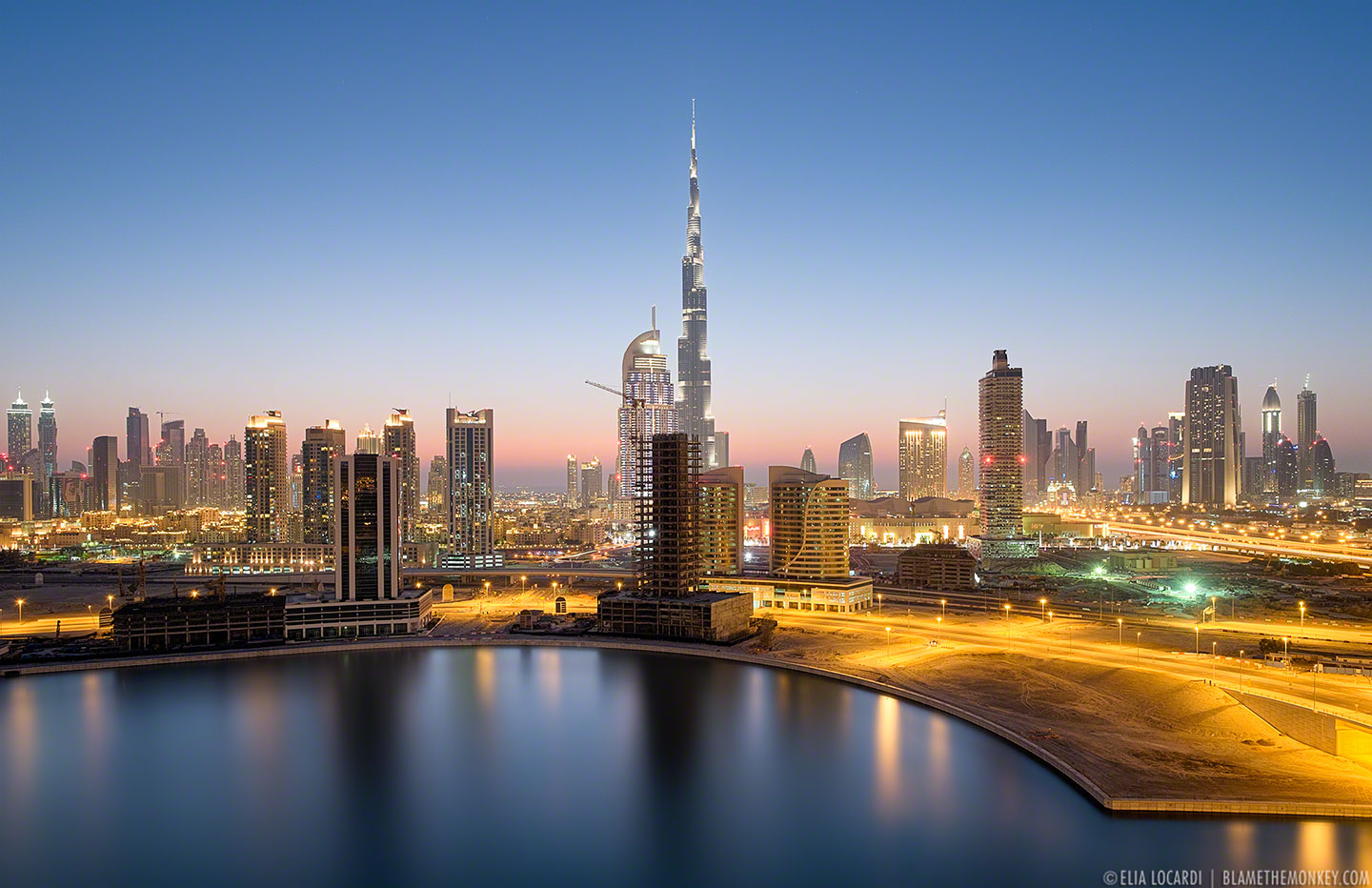South Africa’s election results reflect widespread disillusion
“THIS IS A vote that reminds us of 1994,” said Cyril Ramaphosa as he cast his ballot on May 8th in Soweto, a township on the edge of Johannesburg. According to South Africa’s president, voters “were just as excited as this” 25 years ago. If so, they have a funny way of showing it.
The first election after the end of apartheid in 1994 saw 86% of adults go to the polls. In his autobiography Nelson Mandela recalled: “The mood of the nation during those days of voting was buoyant.” But in 2019 just 46% of South Africans over the age of 18 bothered to vote. The overwhelming emotion was neither excitement nor buoyancy, but despondency.
The rainbow nation has suffered a lost decade and a disappointing quarter-century. Under Jacob Zuma, Mr Ramaphosa’s disastrous predecessor from 2009 to 2018, corruption became endemic and the economy stagnated. Average income is lower than in 2013. Levels of unemployment and inequality are among the highest in the world. Many young people feel disillusioned with the post-apartheid settlement.
All of which could have meant disaster for the African National Congress (ANC), which has ruled since 1994. But Mr Ramaphosa, who, opinion polls suggest, is more popular than his party, helped the ANC to its sixth successive victory in national elections. He also ensured that the ANC kept control of...























